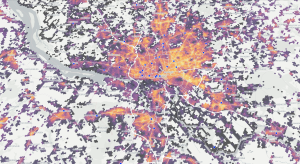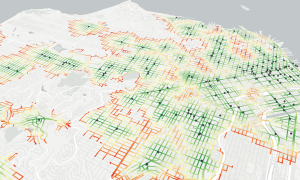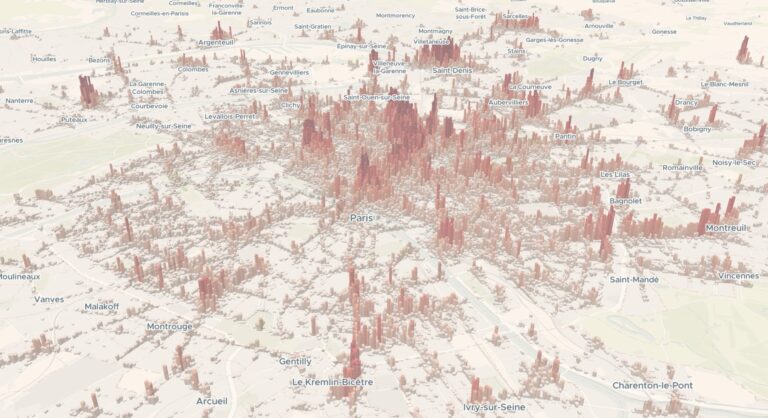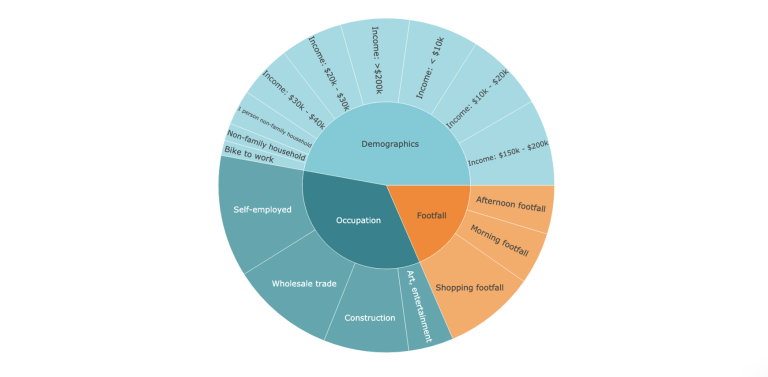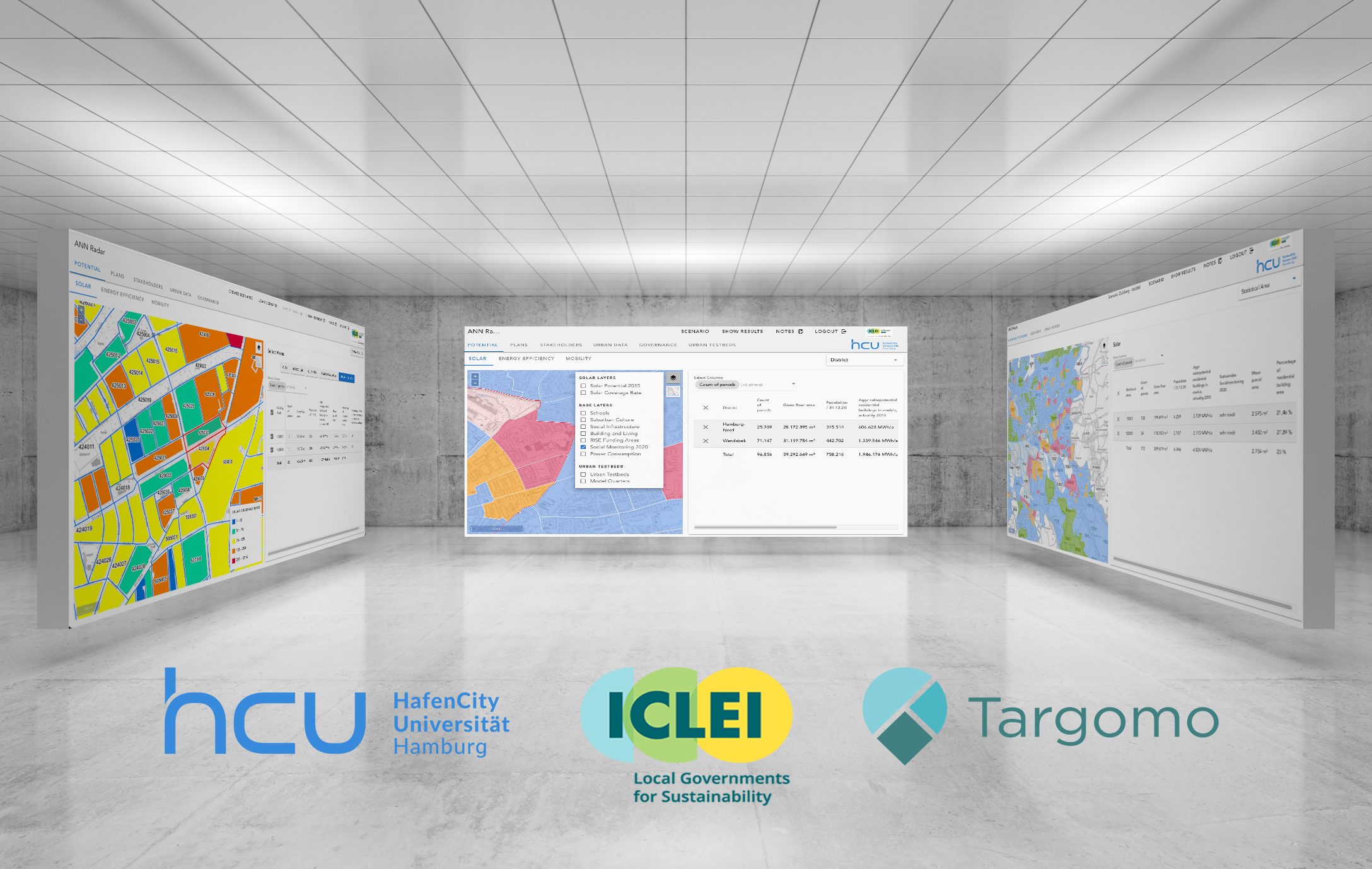
Climate protection initiatives can be launched by planning them down to the last detail from the outset, or they can be tested as a pilot project in a test environment in order to quickly obtain results from practical experience. To support the second approach, HafenCity University (HCU) Hamburg has developed ANN RADAR (A New Normal). Funded by the ICLEI Action Fund, the project helps the city of Hamburg identify suitable spaces and districts for testing sustainable energy innovations, leveraging Targomo’s API services.
“ANN RADAR provides a data-driven decision-making basis for finding testbeds for climate protection measures,” explains Kay Hartkopf, senior researcher at HCU Hamburg who is leading the development of ANN RADAR. “The more suitable the areas are for testing, the faster we can gather knowledge and ensure that the measures are implemented on a broad scale.”
The project identified three core topics of sustainable urban development for which the ANN RADAR will select test areas: Mobility, Solar & Photovoltaic, and Energy Efficiency. TargomoAPI is used in particular for scenarios around the topic of mobility. Here, the focus is on planning local logistical mobility centres, as envisaged, for example, in the HCU’s MOVE 21 project. MOVE21 is an innovation project funded by the European Commission that aims to transform European cities and their surroundings into intelligent, emission-free hubs for mobility and logistics.
Answering relevant questions around mobility, accessibility and quality of supply.
“Targomo is a great support for us, as we can use the API to answer relevant questions on mobility, accessibility and supply quality and visualise them on maps,” says Kay Hartkopf. “We particularly benefit from the fast data processing and the wide range of customisation options that enable us to perform complex analyses.”
ANN RADAR is designed as a process support (moderated process for selecting urban testbeds) and was inspired by “A New Normal” in Melbourne, Australia, which is developing prototypes and pilot projects related to a sustainable Melbourne 2030. It collects indicators to find the most suitable urban areas for selected climate protection measures. It also takes into account local climate strategies and available environmental data to support evidence-based decision-making. As different data sources can be quickly integrated and combinations of data sets can be explored, it also promotes stakeholder participation and enables the development of specific perspectives for these target groups.
Building on the experience gained, it is planned to expand ANN RADAR in the future to include further data layers (e.g. environmental data, heat islands, urban green, real-time mobility data) and functions for the exploration of specific project scenarios.It is currently available for HCU projects.

